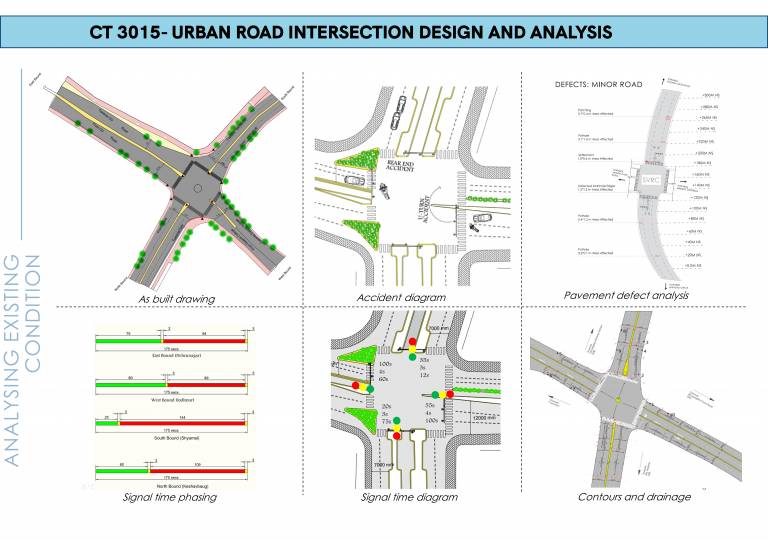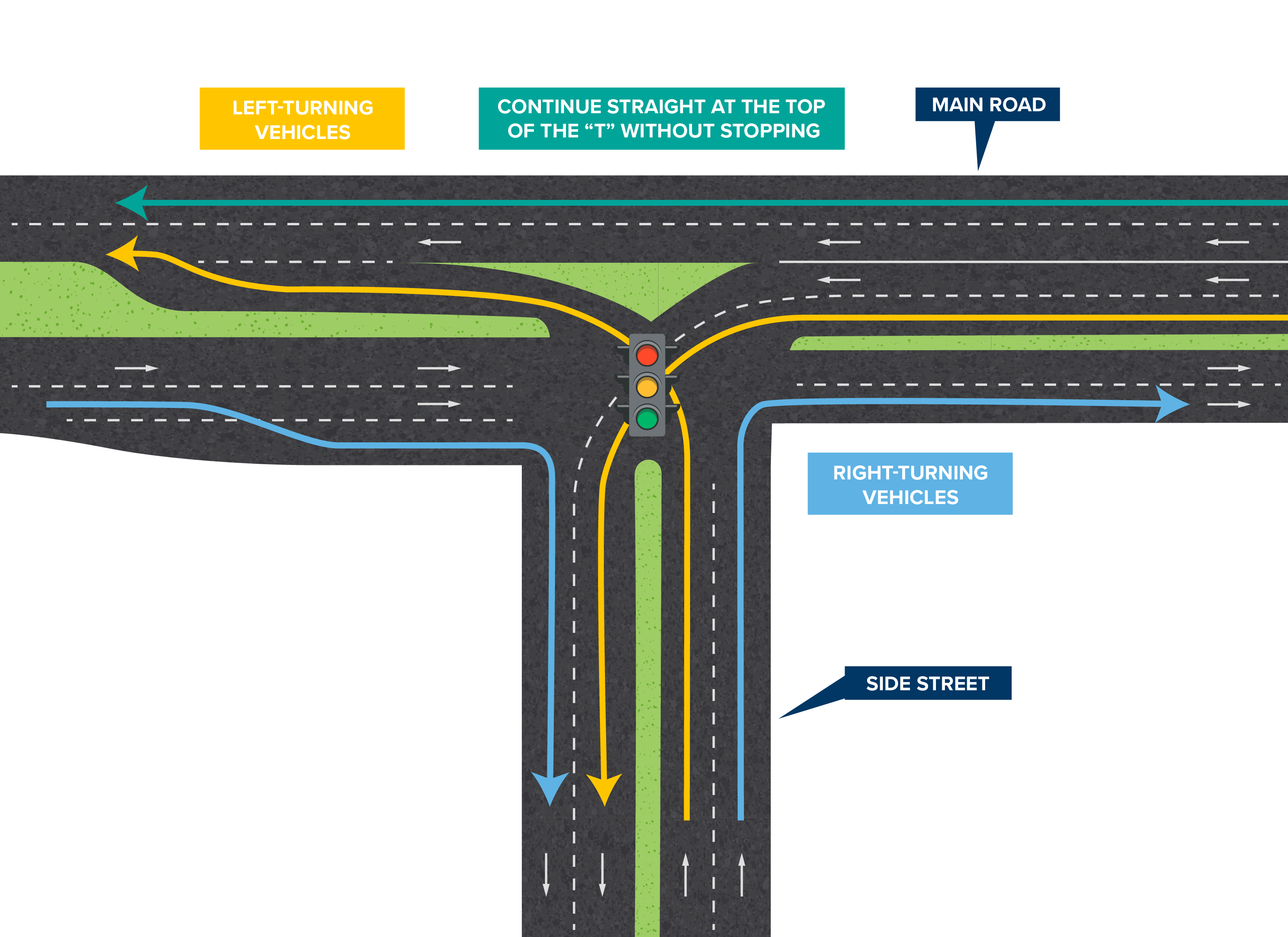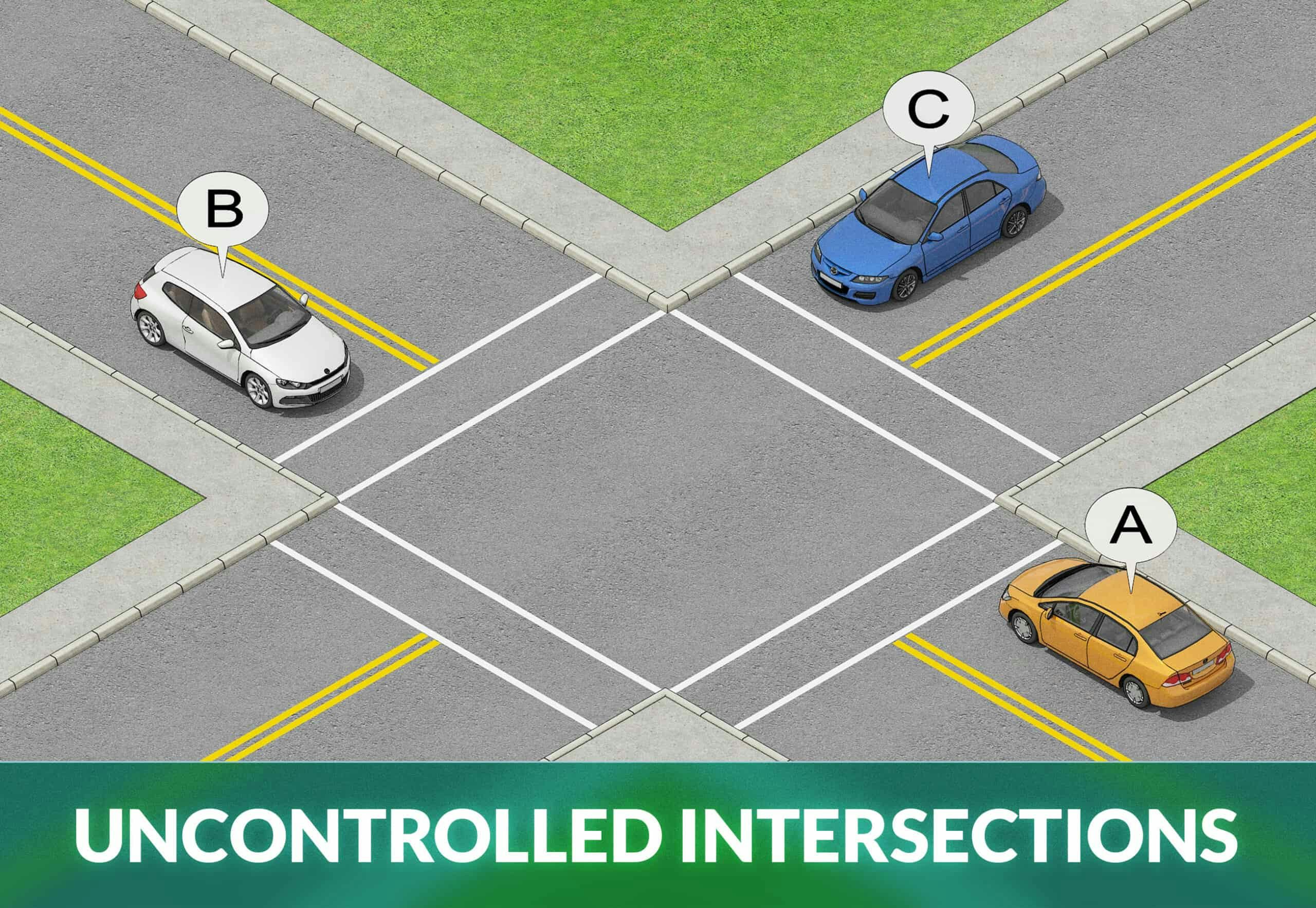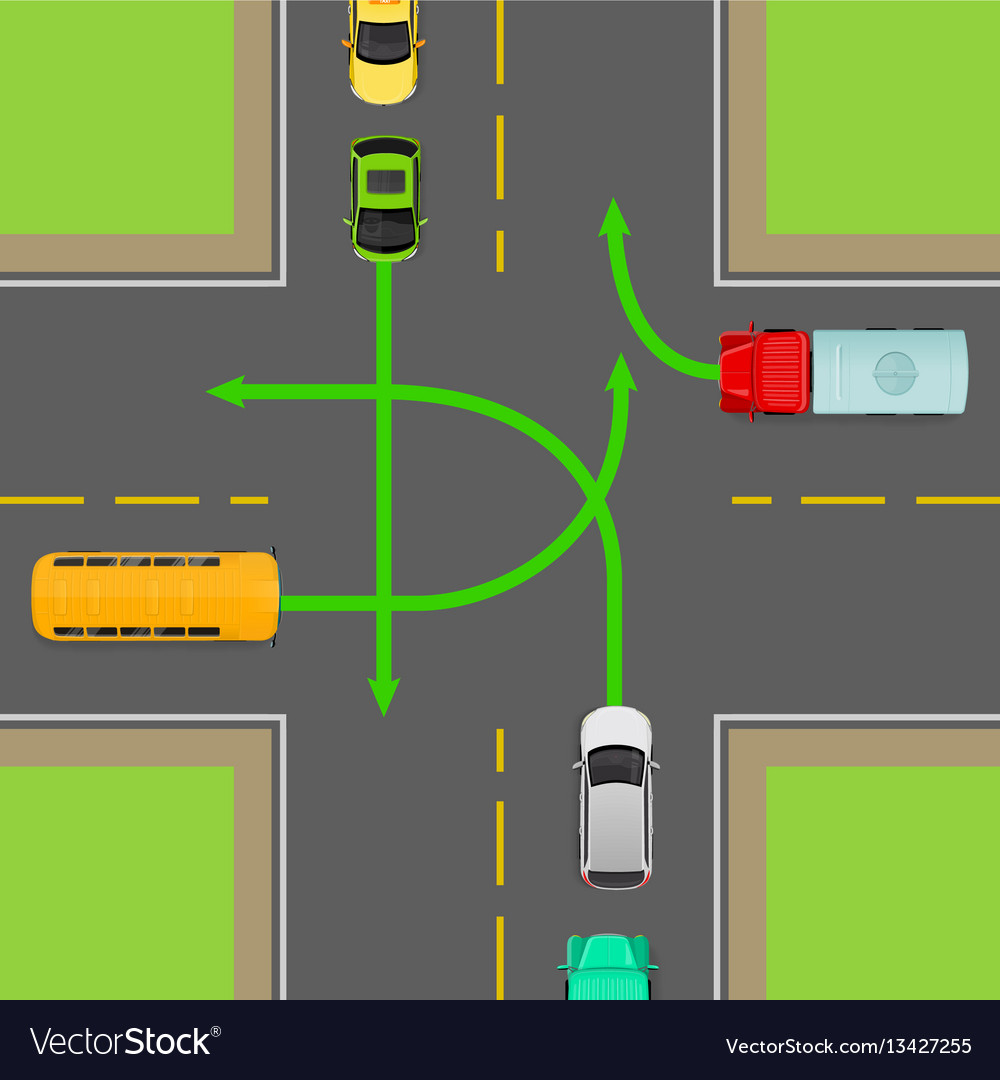Marvelous Info About Is A Junction An Intersection

Navigating the Crossroads
1. Unraveling the Terminology
Ever found yourself at a spot where roads meet and wondered, "Is this a junction or an intersection?" You're not alone! These terms often get tossed around interchangeably, leading to a bit of confusion. Let's break down the subtle, and sometimes not-so-subtle, differences to clear things up, shall we? Think of it like this: we're going on a linguistic road trip to understand these traffic-related terms better. Buckle up!
At its core, both a junction and an intersection represent a point where two or more roads connect. They're the meeting places of asphalt, the nodes in our transportation network. However, the devil, as they say, is in the details. The key lies in how those roads actually interact and the nuances implied by each term. So, let's dive deeper into what makes them unique, kind of like distinguishing between a latte and a cappuccino. Both have coffee and milk, but there's a crucial difference, right?
We need to think about the context in which these words are being used. Are we talking about city planning, traffic regulations, or just giving directions to your friend for the neighborhood barbeque? The level of precision needed might shift depending on the situation. For instance, when talking to the city planner, you might need to be more exact. But giving directions? Turn left at the next junction may just be fine!
And remember, language is always evolving! What might have been a very clear distinction 50 years ago might be a little blurry now. Usage changes over time, and that includes how we use the terms 'junction' and 'intersection.' Plus, regional variations can play a part. Whats common usage in one area may differ in another. It's like regional dialects — charming, but sometimes confusing!

Highway Intersection Diagram
Intersection
2. The Organized Chaos
When we talk about an intersection, we're typically referring to a more formal, regulated point where roads meet. Think traffic lights, stop signs, and marked crosswalks. Intersections are designed to manage traffic flow and ensure the safety of drivers and pedestrians. It's the place where careful planning meets real-world driving decisions, hopefully leading to everyone getting where they need to be safe and sound.
Intersections often involve a structured exchange of traffic. This can be anything from a four-way stop to a complex interchange on a highway. The key here is the presence of rules and regulations designed to control the movement of vehicles. These regulations can include speed limits, turn restrictions, and even designated lanes. Intersections are where drivers must be most attentive and follow established traffic laws. Its basically a dance, where everyone has a role to play, and the music is the constant hum of traffic.
The term 'intersection' often implies a higher degree of control and organization compared to 'junction'. City planners and traffic engineers will likely use the term 'intersection' when discussing specific design features, traffic signal timings, and safety improvements. Its a term that evokes precision and a scientific approach to traffic management. Think of it as the control room for the flow of vehicles within the area.
In many legal and official contexts, 'intersection' is the preferred term when referring to points where roads meet. This is because it carries a weight of formality and regulation. Insurance companies, police reports, and legal documents are more likely to use 'intersection' when describing the location of an accident or traffic incident. It makes it easier to identify exactly where something occurred and what the applicable rules were.

Continuous Green T Intersection KYTC SAFERoads Solutions
Junction
3. The Casual Connection
Now, lets shift gears and focus on junction. This term is generally used in a broader, less formal sense. A junction simply indicates a place where roads join or diverge. It doesn't necessarily imply the same level of regulation or traffic control that 'intersection' does. Think of a quiet country road splitting off from a main highway; that's a junction. Its a simpler meeting point, a place where pathways converge or separate.
A junction can be any point where roads connect, whether it's a major intersection with traffic lights or a minor side road joining a larger road. It's a more inclusive term, encompassing a wider range of road connections. 'Junction' can refer to a fork in the road, a crossroads in the countryside, or even a complex highway interchange. The key is that it simply highlights the point of connection without necessarily implying a high degree of regulation.
Using the term junction is often more appropriate in informal settings or when giving general directions. For example, you might say, "Turn left at the next junction" without necessarily knowing if the junction is controlled by traffic lights or a stop sign. The emphasis is on the point of connection rather than the specific regulations in place. Think of it as a more relaxed way of describing where roads come together.
In some regions, junction might be the more common term, even for what others might consider a formal intersection. Regional dialects and local usage can influence the preferred term. It's also worth noting that in some British English usage, junction is a very common term for where roads join, perhaps even more so than intersection. So, context and location play a huge role in how these words are used.

So, Is a Junction an Intersection? The Verdict
4. It Depends!
The million-dollar question: Is a junction an intersection? The answer, as with many things in life, is... it depends! An intersection can generally be considered a specific type of junction — one that is more formalized and regulated. However, not all junctions are intersections. Think of it like squares and rectangles: all squares are rectangles, but not all rectangles are squares. An intersection is a "formal" junction, a place where traffic is carefully managed. A junction is a broader term for any point where roads meet.
Context is key to understanding the correct usage. If youre talking about a regulated crossing with traffic lights, stop signs, and crosswalks, intersection is the more appropriate term. If youre simply referring to a place where roads connect, regardless of the level of regulation, junction is perfectly acceptable. Think about who youre talking to and what level of precision is needed. Are you speaking to a traffic engineer, or just giving directions to your neighbor?
Ultimately, both terms serve a similar purpose: to identify a point where roads meet. However, intersection carries a connotation of formality and regulation, while junction is a more general term. Understanding these subtle differences can help you communicate more effectively and avoid confusion. Remember, the goal is always clear and effective communication, whether youre discussing traffic regulations or simply giving directions.
In practical terms, you can often use the terms interchangeably without causing major misunderstandings. However, being aware of the nuances can help you speak and write with greater accuracy and precision. Its like knowing the difference between a sedan and a coupe — both are cars, but there are key differences in style and functionality. So, embrace the subtle differences and use these terms to your advantage!

Uncontrolled Intersection
FAQs
5. Your Burning Questions Answered
Still have questions swirling around in your head like cars in a roundabout? Let's tackle some common queries about junctions and intersections.
6. FAQ 1
Not necessarily! In many casual situations, the terms are used interchangeably without causing confusion. However, in formal or technical contexts, "intersection" is more appropriate when referring to a regulated crossing with traffic controls. So, if youre chatting with friends, "junction" is usually fine. But if youre filling out an accident report, "intersection" might be the better choice.
7. FAQ 2
Pretty much, yes. The presence of traffic lights (or stop signs, crosswalks, etc.) signals a level of regulation and control that typically defines an intersection. The lights are there for a reason, its to help with managing traffic, making it more regulated and controlled. If you see a traffic light, chances are good you're at an intersection.
8. FAQ 3
Use "junction" when you want to refer to any point where roads meet without necessarily implying a specific level of regulation. For example, when giving general directions or describing a fork in the road where a smaller road connects to a larger one without any traffic control devices. It's really for more of the informal situations you might be finding yourself in.
